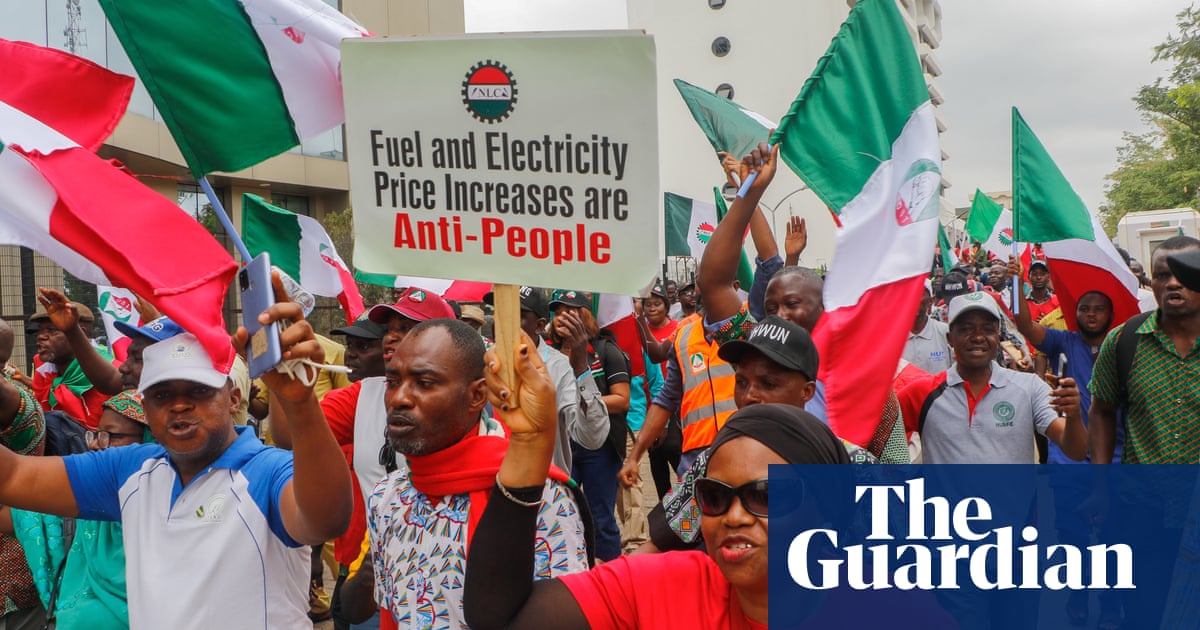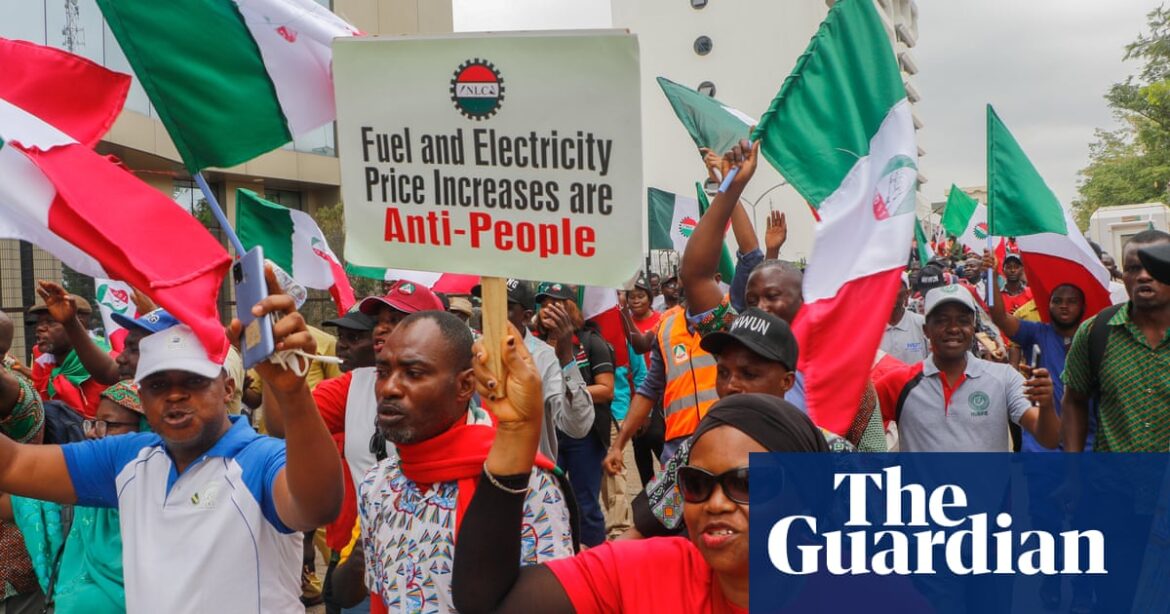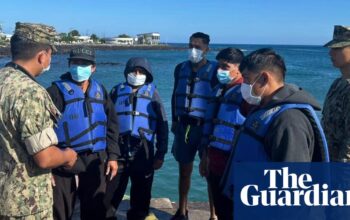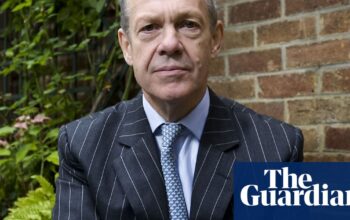
Hundreds of protesters have gathered in central Nigeria days before planned national demonstrations over economic hardship and record inflation.
The protesters, many of them young people, converged in the town of Suleja, 3o miles outside the federal capital, Abuja, with placards criticising the government’s policies. Week-long nationwide protests had been due to begin on Wednesday.
A cost-of-living crisis that was already hitting Africa’s most populous country at the time the president, Bola Tinubu, took office in May last year has intensified after he removed a controversial fuel subsidy and announced other reforms.
The prices of everyday commodities have astronomically increased, uninterrupted electricity is a distant dream and fuel queues remain a common feature of life in the country, despite Nigeria’s status as one of the world’s top oil and gas producers.
Nigeria has also become the world’s malnutrition capital with more than 31.8 million children affected, according to NGO data.
As the protest in Suleja commenced, there were counter-protests in parts of Lagos, Nigeria’s commercial capital and Tinubu’s stronghold, with big banners reading “Say no to protest”, only a couple of miles away from fuel queues in the city.
In recent weeks, the Nigerian government had been warning and pleading in equal measure for citizens not to take to the street, apparently aware of its deepening unpopularity.
“You can’t judge leadership within one year,” Nyesom Wike, the minister in charge of Abuja, said on Sunday, at a forum convened to speak with young people in the city.
Analysts said the government was attempting to prevent a repeat of the protests in Kenya, where young people in the east African nation held the state to a standstill for weeks, forcing the government to repeal new taxes.
Tinubu, who approved a hike in the national minimum wage from N30,000 (£14.40) to N70,000 a month, urged young people not to demonstrate, claiming organisers were mobilising for mass action with “sinister motives”. He has also met traditional rulers across the country to urge them to prevail on their subjects to be patient with his administration.
Authorities have claimed the aim of the protests is to destabilise the country. On Friday, the secret service said it had identified “the funding lines, sponsors and collaborators of” a plot to topple the government via the demonstrations. A day after, the police chief, Kayode Egbetokun, said the security agencies were in possession of “credible intelligence” on the involvement of foreign mercenaries. Neither statement gave any details. Local reports say soldiers blocked the highway leading to Abuja on Monday while police reinforcements were seen in the northern hub of Kano on Sunday.
The US, UK and Canada have issued travel advisories in advance of the protests.
The last big protests in Nigeria were the Occupy Nigeria demonstrations against fuel subsidy in 2012 – in which Tinubu played a key role – and 2020’s campaign against a rogue police unit known for its extrajudicial killings.
Source: theguardian.com



